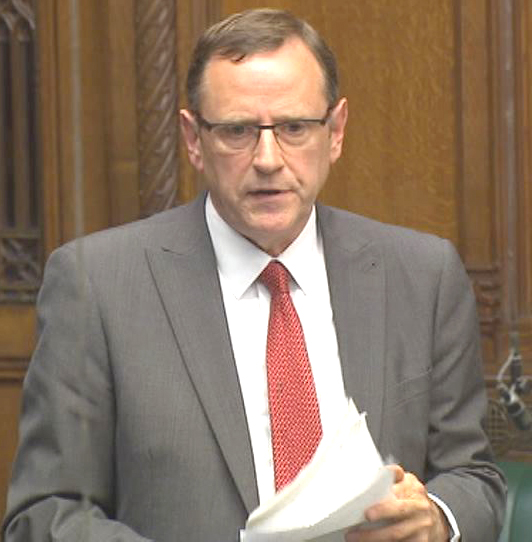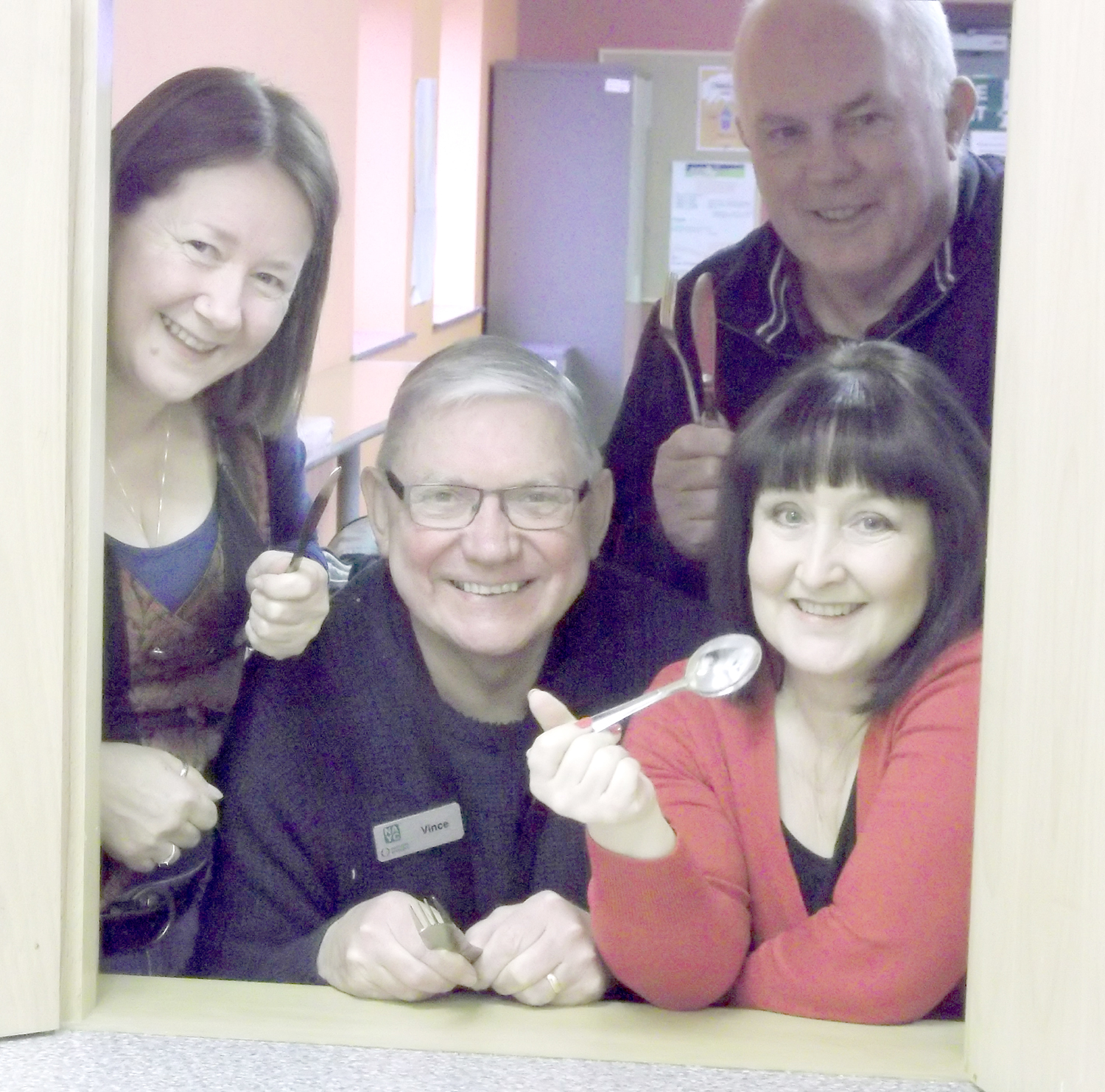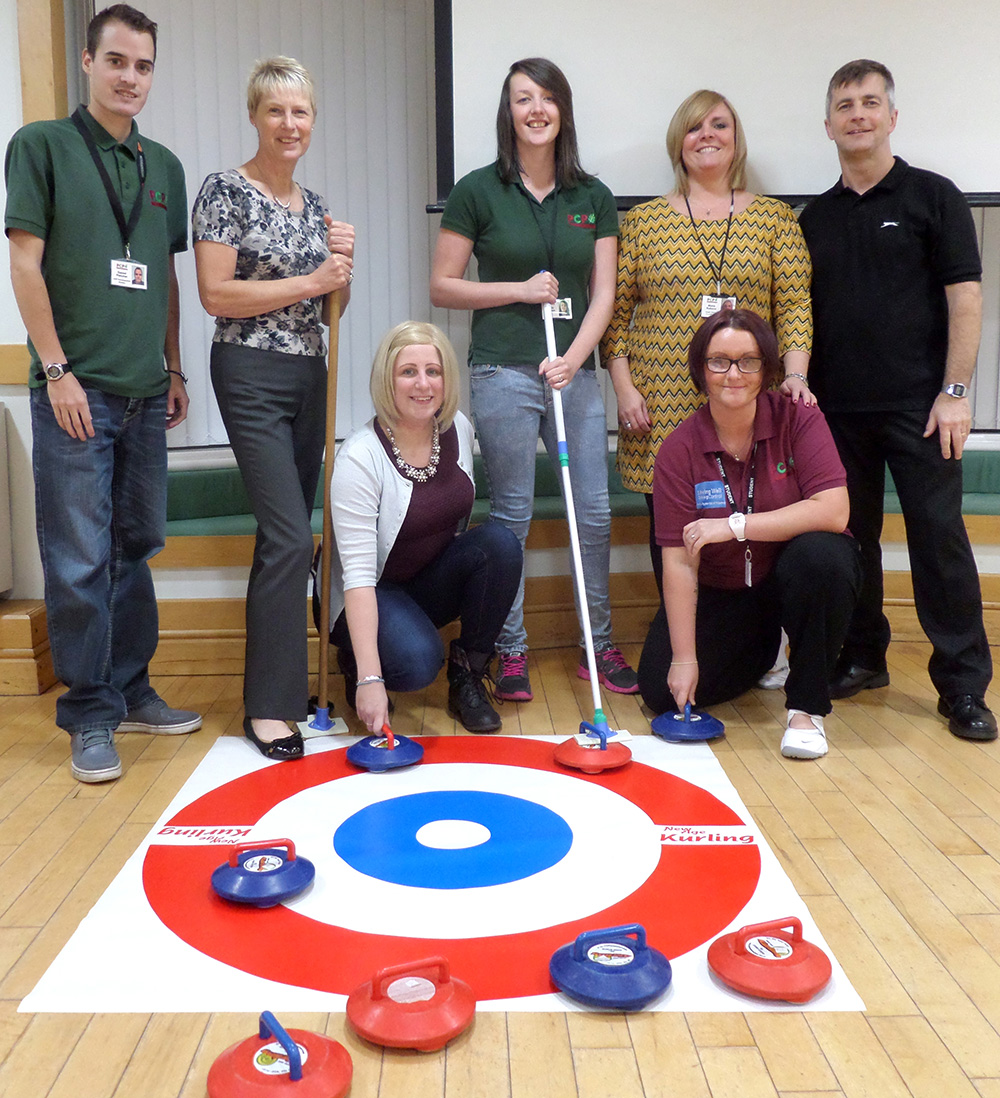As social isolation continues during the Coronavirus lockdown health officials want to encourage people across County Durham and Darlington to seek help if they are feeling lonely or distressed.
A range of support is available, both nationally and locally, but people often don’t know where or how to find it.
Talking Changes is a self-help, counselling and talking therapies service supporting the mental health and wellbeing of people living in County Durham and Darlington.
It offers a range of support to deal with common mental health problems such as stress, anxiety or depression as well as panic phobias, obsessive compulsive disorder (OCD) and post-traumatic stress disorder.
The work is led by the Durham, Darlington and Teesside NHS Mental Health and Learning Disability Partnerships including NHS County Durham Clinical Commissioning Group (CCG), NHS Tees Valley CCG, Tees, Esk and Wear Valleys NHS Foundation Trust, local authorities and healthcare service providers from across the Durham, Darlington and Teesside area.
NHS North of England Commissioning Support (NECS) commissioning delivery manager Steve Bramwell said: “Keeping connected during the Coronavirus lockdown is incredibly important as part of looking after your own wellbeing and that of others.
“One in four people will experience some kind of mental health problem in the course of a year and people are at greater risk being isolated from family and friends at this time.
“Psychological wellbeing and talking therapies are available to support people who are experiencing depression, stress, anxiety and are a proven, effective way of helping people cope with emotional and mental health problems – we would encourage anyone to speak to their GP or nurse or contact Talking Changes if they feel they need help.”
Contact Talking Changes, Monday to Friday from 9 am to 5pm, on 0191 333 3300 or self-refer at www.talkingchanges.org.uk/contact-us/
The Government has launched a major effort to tackle loneliness and social isolation during the coronavirus outbreak. The #Let’sTalkLoneliness campaign has been rolled out to get people talking openly about loneliness, which includes new public guidance offering useful tips and advice on what to do to look after yourself and others safely www.letstalkloneliness.co.uk.
Advice includes, keeping in touch with friends, family and neighbours, asking for help if you need shopping or medicine, setting a routine with regular tasks, including daily exercise. Other tips from the Government campaign include, looking for clubs and groups online, from choirs to writing groups and exercise classes, many have been offering online activities and events. Volunteering is also a really valuable way to meet people and connect. Full guidance on volunteering safely, including links to online platforms with volunteering opportunities, is available on the gov.uk website. If you need to find a support group that suits you, there are lots of organisations online offering support such as Every Mind Matters www.nhs.uk/oneyou/every-mind-matters.










